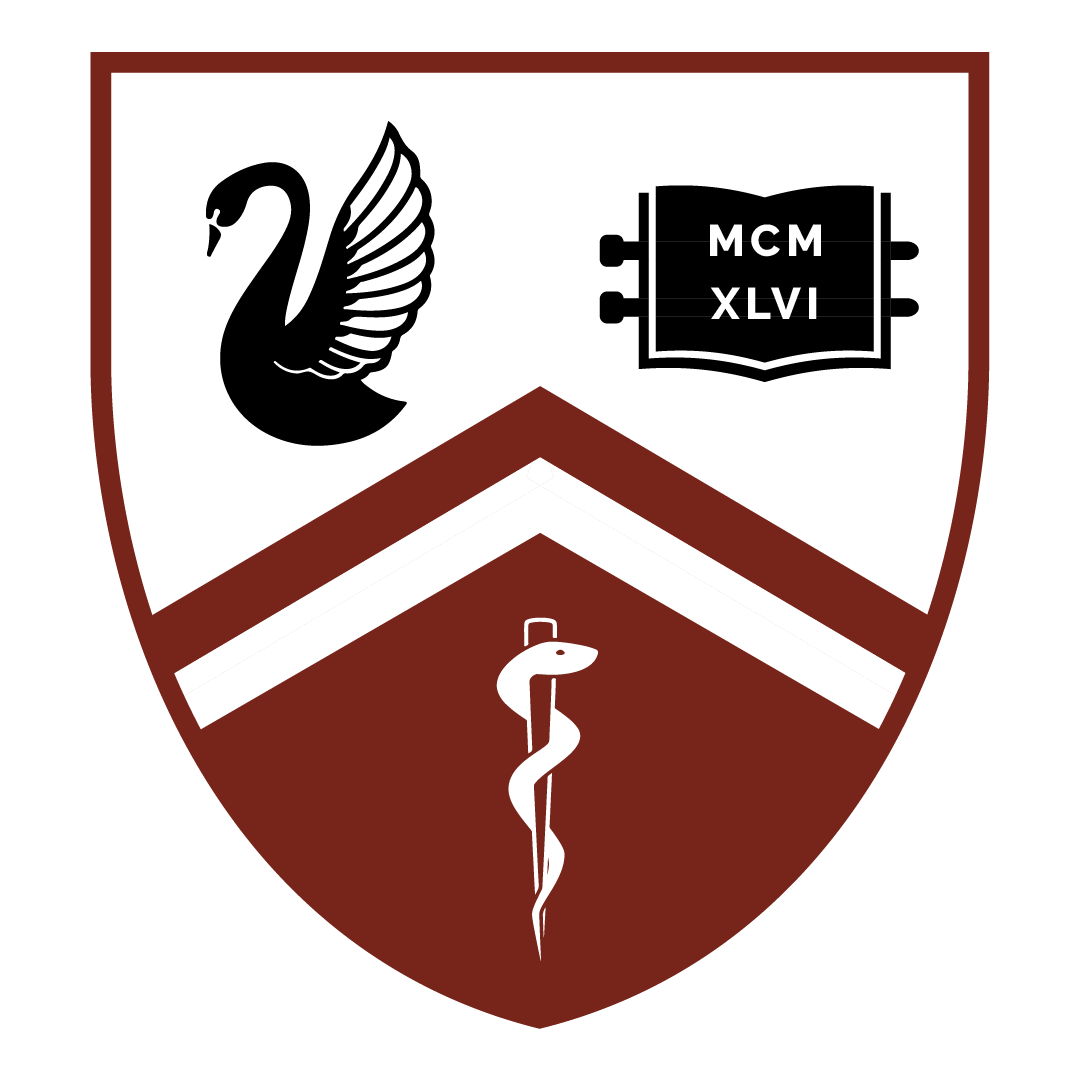Dr Jarrad Paul
RANZCP Trainee
Workplace bullying and harassment is a horrible blight on our profession that happens to others, but not me. Not me because I’m too careful, I don’t ruffle feathers, I’m competent and don’t make a fuss…. until it did.
As a psychiatry trainee, I would watch on as my colleagues in surgery, medicine and critical care experienced what I and my mental health allies dare not dream of. We in psychiatry had found our safe haven; our Arcadia of empathy, validation and collegiality. I questioned the motives of these grown adults we call consultants and registrars. Why would they concoct this autochthonous abuse without provocation; surely the junior played some part, and I’m not victim blaming because, well, I am very woke. One could say at this point that my judgement may have been impaired – note the perfectly balanced and ambiguous prose, assuming not.
As a medical student and doctor, you hear stories – stories that should be harrowing, but somehow feel distant and insignificant – of other doctors, particularly of the junior variety, being bullied, spoken to in a rude manner, manipulated into doing things they feel uncomfortable with and sometimes even sexually exploited. Coupled with our already militant superego (our whip-cracking Jiminy Cricket, or for the younger folk our favourite motivational TikTok artist), being faced with such an experience can be personally heartbreaking and professionally career-altering. But can it alter for the better?
After years of working as a registrar in my field, I can now tick the box of having been bullied and harassed in the workplace. It wasn’t nice, and I certainly wouldn’t recommend. The worst part was I stood up for myself and my co-workers – how out of character, how dare I, there goes my career! And yet, surely by divine intervention, it did not go anywhere. Now note the sarcastic prose.
I didn’t rush into making a decision. I discussed it with my supervisor and head of department. I debriefed with my colleagues. I wrote an email outlining my perspective, so as to capture what had happened in time and in digital ink. I also captured it in my mind, vowing never to repeat the same to my own juniors, to stand up for others that may suffer the same fate in the future, and to stand up for what is just and right by myself. The latter point can often be the hardest, but setting those internal standards of practice helps separate the good doctors from the unadmirable. Be sure to soak up and repeat positive experiences from your seniors just as diligently as you learn how not to practice from the negative ones.
Lastly, be sure to keep on top of your own mental health. If you’re a doctor, I’m sorry to say but despite all that career investment you’ve made, you might die from suicide. You might suffer from depression, anxiety or burnout. As a means of escape, you might take up – wait for it – drugs and alcohol! Fortunately, we are all in this together, so if you see someone either beside you or in the mirror struggling, help them get the help they need.

